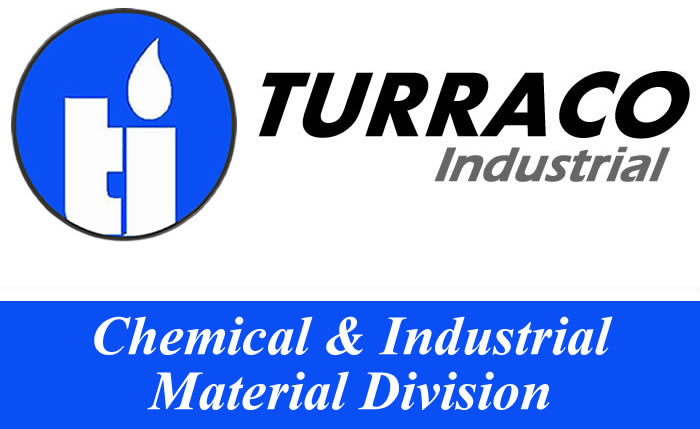Acetic Acid
Acetic acid, systematically named ethanoic acid or highly concentrated vinegar, is an organic compound which is colourless liquid and when undiluted is also called glacial acetic acid. It has a distinctive sour taste and pungent smell.
Acetic acid is the second simplest carboxylic acid (after formic acid) and is an important chemical reagent and industrial chemical, mainly used in the production of cellulose acetate for photographic film and polyvinyl acetate for wood glue, as well as synthetic fibers and fabrics.
Vinegar is typically 4-18% acetic acid by mass. Vinegar is used directly as a condiment, and in the pickling of vegetables and other foods. Table vinegar tends to be more diluted (4% to 8% acetic acid), while commercial food pickling employs solutions that are more concentrated. The amount of acetic acid used as vinegar on a worldwide scale is not large, but is by far the oldest and best-known application.
In households, diluted acetic acid is often used in descaling agents. In the food industry, acetic acid is used under the food additive code E260 as an acidity regulator and as a condiment.
As a chemical reagent, the largest single use of acetic acid is in the production of vinyl acetate monomer, closely followed by acetic anhydride and ester production.
The major esters of acetic acid are commonly used solvents for inks, paints and coatings. The esters include ethyl acetate, n-butyl acetate, isobutyl acetate, and propyl acetate. They are typically produced by catalyzed reaction from acetic acid and the corresponding alcohol.
In addition, ether acetates are used as solvents for nitrocellulose, acrylic lacquers, varnish removers, and wood stains. Acetic acid is used as a solvent in the production of terephthalic acid (TPA), the raw material for polyethylene terephthalate (PET).
Organic or inorganic salts which are produced from acetic acid, including Sodium acetate, used in the textile industry and as a food preservative (E262); Copper(II) acetate, used as a pigment and a fungicide; Aluminium acetate and iron(II) acetate—used as mordants for dyes; Silver acetate, used as a pesticide.
Although it is classified as a weak acid, concentrated acetic acid is corrosive and can attack the skin.
For additional information and documents about Polyol or how we can supply your organization, please give us a call, send us an email or contact us here: |

